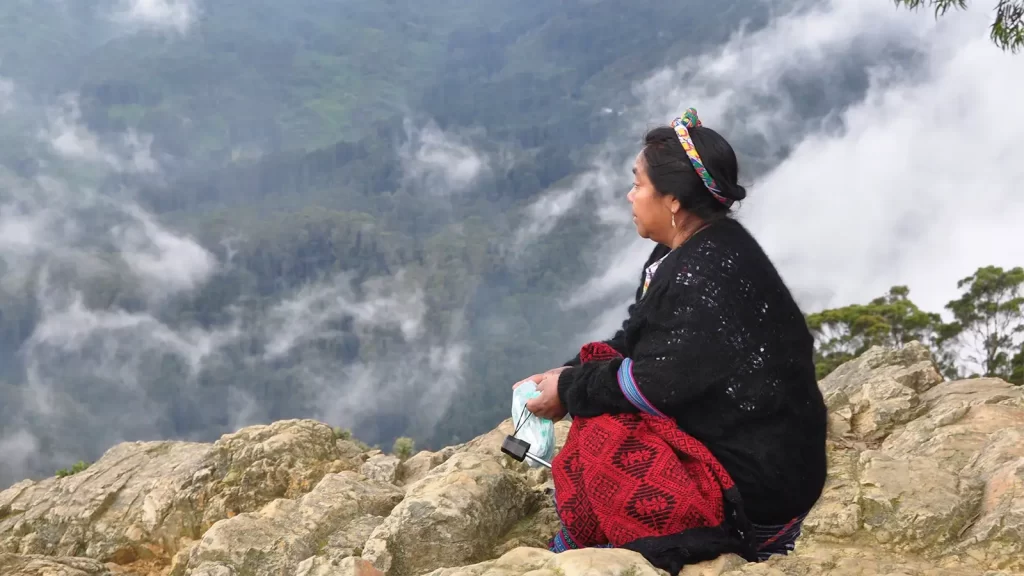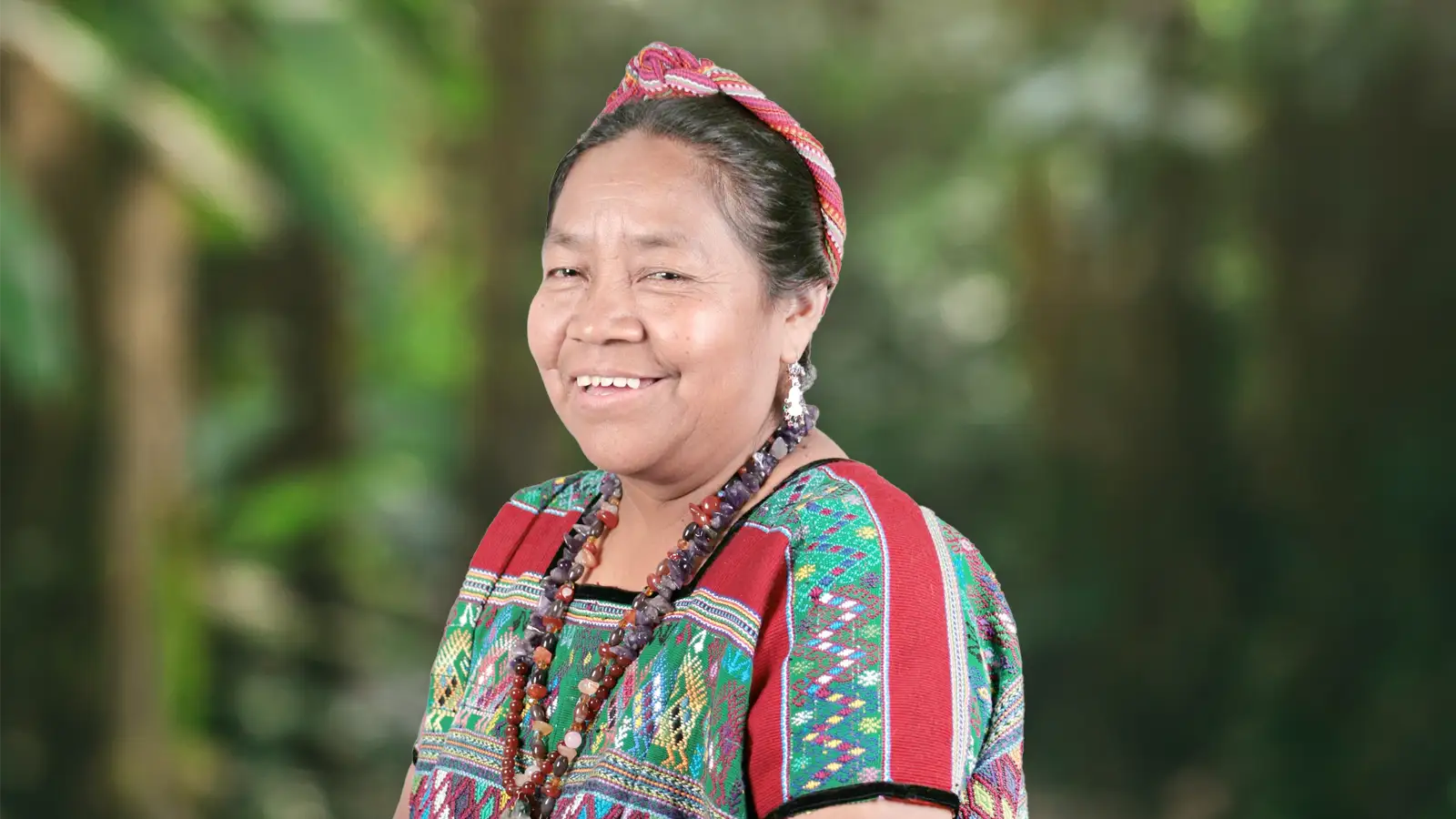In a country marked by the pain of armed conflict, where silence was for decades the only response to the suffering of thousands, Rosalina Tuyuc Velásquez emerged as one of Guatemala’s strongest, bravest, and most necessary voices. An indigenous Kaqchikel activist, mother, daughter, widow, survivor, and symbol of resistance, Rosalina has dedicated her life to a struggle that goes far beyond the personal: the search for truth, justice, and dignity for thousands of women and families affected by the civil war.
Rosalina’s story is woven with deeply painful losses. In 1982, the army kidnapped her father. Three years later, her husband suffered the same fate. Since then, she has never stopped searching. But her struggle did not remain an individual tragedy: she transformed it into collective action. In 1988, together with other women, she founded the National Coordination of Widows of Guatemala (CONAVIGUA), an organization that became a beacon of justice and hope amid the pain.
Conavigua not only helped break the silence surrounding forced disappearances and sexual violence during the conflict—which left more than 200,000 dead and 45,000 missing—but also brought to light the mass graves, clandestine cemeteries, and silenced stories of thousands of women. “It’s hard to open a clandestine grave and not find a relative, but one of the great satisfactions is helping other families find their dead,” Tuyuc said.
Her work is not limited to the exhumation of bodies. Rosalina has been a pillar in the construction of memory and dignity. She led the creation of the Center for Women’s Historical Memory in San Juan Comalapa, where thousands were victims of forced disappearance. In her Mayan worldview, there is no rest without a dignified burial. Thanks to her efforts, more than 300 families have been able to bury their loved ones.

But perhaps one of her most impressive achievements has been encouraging indigenous women to speak out. For years, thousands remained silent about the abuses and rapes committed by the military. Rosalina helped transform that silence into denunciation. In the 1990s, 32 Mayan women dared to confront their aggressors in court. That act of courage paved the way for one of the most emblematic rulings in the country’s history: the Sepur Zarco case, where sexual slavery was officially recognized as a war crime.
“It wasn’t just about talking about their missing husbands and sons… it was also about talking about what happened to them,” Tuyuc recalled. And thanks to that collective testimony, Guatemala now has a legal basis for prosecuting heinous crimes committed against indigenous women.
Rosalina also took her fight to the institutional level. In 1995, she was elected to the Guatemalan Congress, where she promoted laws in favor of human rights. Later, in 2004, she was appointed president of the National Reparations Commission. From there, she sought to build bridges between victims and the state, although she never stopped denouncing the flaws and limitations of the system.
The UN describes her as “a light for all women.” Japan’s Niwano Foundation awarded her the Peace Prize in 2012. France recognized her with the National Order of the Legion of Honor. But Rosalina does not need medals to validate her struggle. She herself says it clearly: “There is no peace without justice.”
Today, at over 60 years old, she continues to work with rural communities, promoting education, female leadership, and food sovereignty. Conavigua has trained thousands of women, many of them grandmothers who learned to read and write as adults. “They are no longer just leaving their mark,” she says proudly.
Rosalina Tuyuc has not stopped her quest. She continues to dig deeply into the earth and into memory. She continues to cry out for those who are no longer here, and for those who are still afraid to speak. Her life is a testament to the fact that love, dignity, and justice are stronger than fear and oblivion.




































Leave a Reply